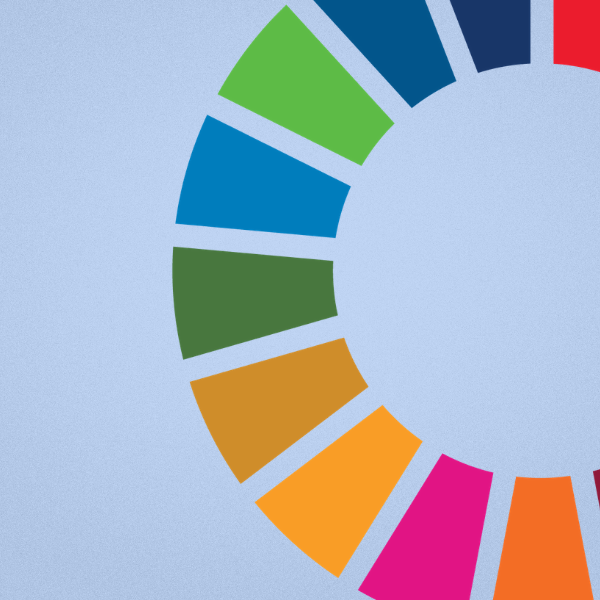
Second Generation Voluntary National Reviews: Renewing the Commitment
This year, Latin America and the Caribbean will have a broad participation in the High-Level Political Forum on Sustainable Development organized by the United Nations to check the progress of the 2030 Agenda. Among the 50 Voluntary National Reviews (VNRs) that will be presented, 11 belong to countries in the region and 7 of these reviews are considered “second generation”.
A holistic look at the reporting system of the 2030 Agenda shows that the VNRs are not only “progress reports”, but a tool to pose national challenges on the way to the implementation of the Agenda. The Decade of Action and the achievement of results promoted by the United Nations requires that the second VNRs presented by the reporting countries can be considered “second generation”, that is, that they work from a dynamic perspective and report cycles and processes, showing the continuity and evolution of progress in the implementation of the 2030 Agenda at the national level, taking the first Review as a reference.
Recovering the commitments and challenges of the first VNR and integrating them into a presentation of processes aimed at achieving the SDGs will give reporting countries the possibility of carrying out a consolidated exercise of accountability to international society and their own citizens.
In view of the fulfillment of the first third of the 2030 Agenda and analyzing, when the second VNR is presented, the monitoring of the commitments assumed by Argentina in the 2017 National Voluntary Review, we believe it necessary to remember them. In the first instance, there are steps in adapting the 2030 Agenda in the provinces: prioritizing the SDGs according to the lines of government and the national proposal, selecting the most appropriate goals for them and the pertinent and feasible indicators for their follow-up. ; make a diagnosis of the selected indicators; carry out a survey of the Non-Governmental Organizations that act locally in relation to the SDGs and the actions they carry out, among others. The latter shows that the SDGs are not only a State commitment, but also cross different sectors such as, for example, the social sector, which not only contributes with its actions to the fulfillment of the SDGs, but also with monitoring. RACI, in order to facilitate data collection and provide a reliable source of information, created the SDG Platform space. This tool allows any Civil Society Organization in the country to upload the projects they are working on – and therefore make visible – and classify them according to the SDG to which they contribute, their geographical location, the type of organization that is executing them, and the population to which they are directed.
Secondly, the stages of municipalization of the 2030 Agenda were: the dissemination of the 2030 Agenda and the SDGs at the local level; appointment of political leaders for the process of locating the SDGs; preparation of a report that describes the current situation of the municipality, determining the main problems and prioritizing the SDGs to be addressed in that territory; incorporation in the analysis of cross-cutting issues and openness to the participation of civil society; determination of the area responsible for the monitoring process. And the main challenges: consolidation of monitoring and effective and transparent follow-up; reduction of inequities and undesirable gaps; mobilization of the means of implementation; Articulation of work with other powers, with provincial and municipal governments, with the business sector, civil society and the academic sector. The Executive Power created spaces and mechanisms for participation to foster and facilitate alliances and promote better policies in order to generate greater results for development, but the challenge of generating more areas of participation persists.
We hope that this year, once the first third of the 2030 Agenda has been completed, Argentina can present its second VNR, taking up past commitments and reflecting the continuity and evolution of progress in the implementation of the Agenda.

